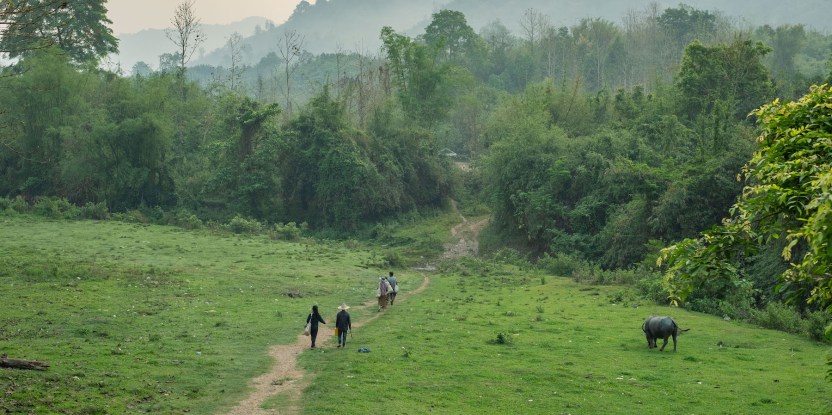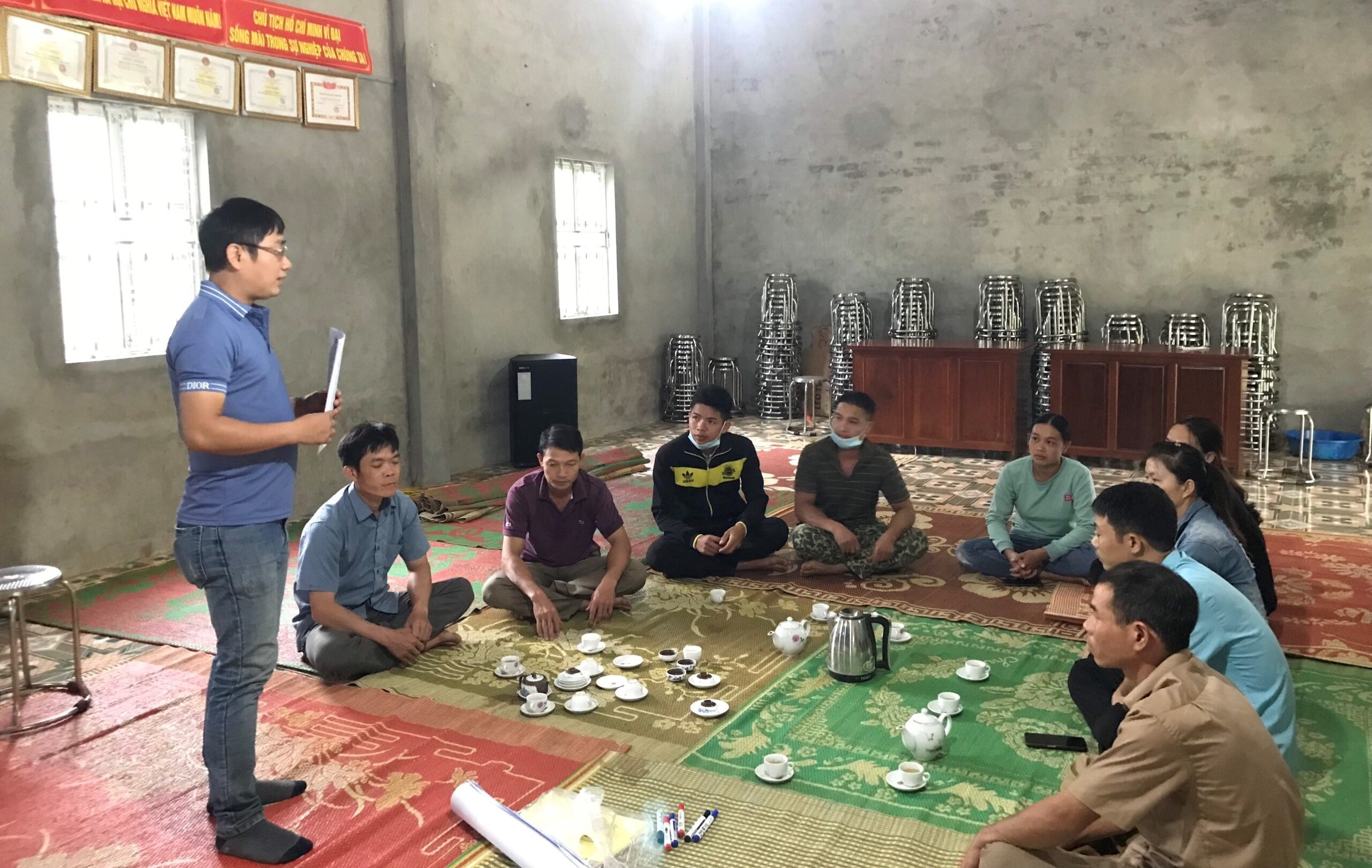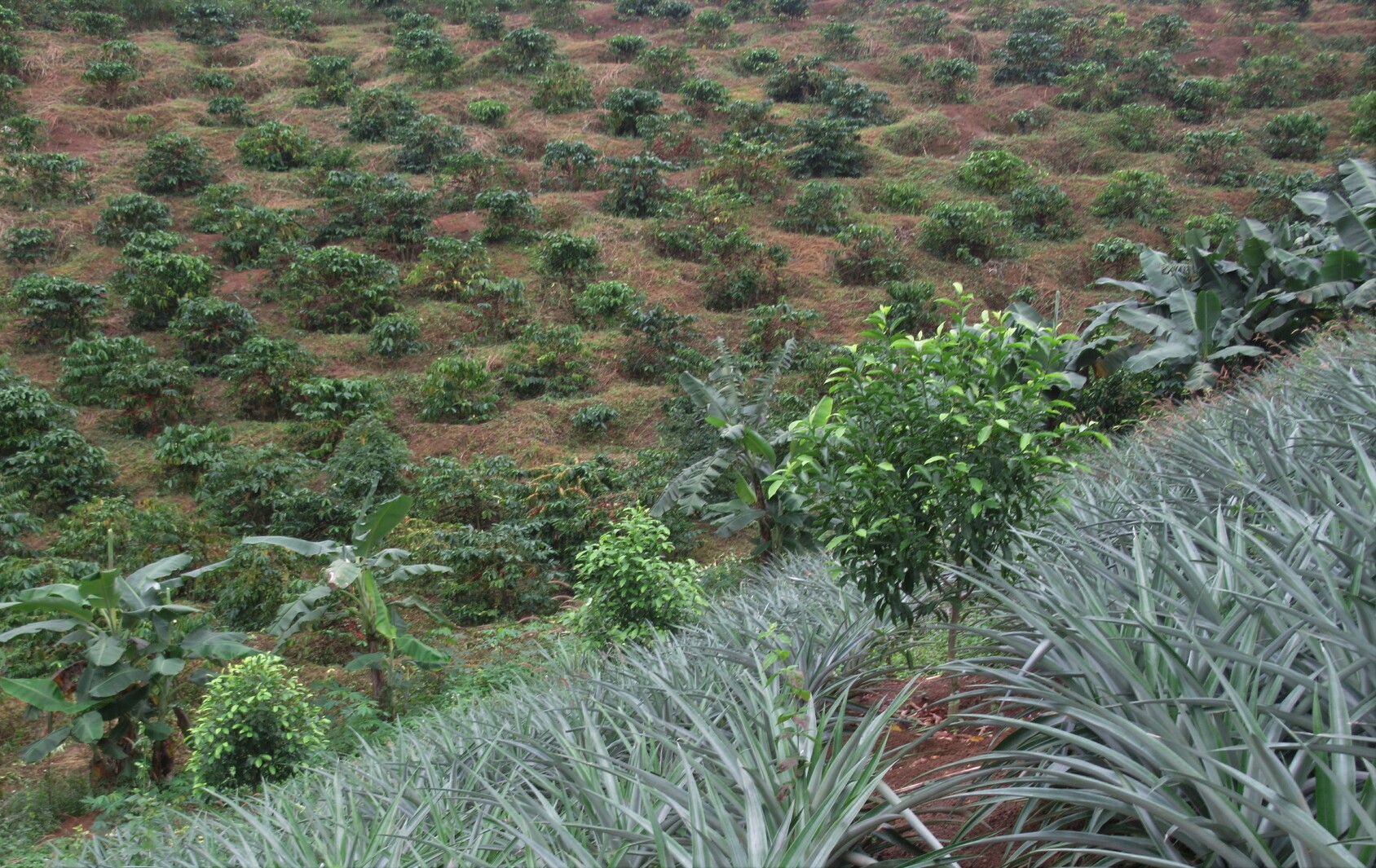Along with national programs on sustainable development and climate change response, small-scale projects with a bottom-up approach also play an essential role in implementing sustainable development goals. The paper analyzes the concepts of grassroots development and sustainable development based on a bottom-up climate change mitigation and adaptation project implemented in two Northwest provinces of Vietnam.

The Challenges of Collective PES: Insights from Three Community-based Models in Vietnam
Van Thi Hai Nguyena, PamelaMc Elweeb, Hue Thi Van Lec, Tuyen Nghiemc, Huong Thi Dieu Vuc
(a) Institute of Geography and Sustainability (IGD), University of Lausanne, CH1015 Lausanne, Switzerland, Ms. Nguyen Hai Van also serves as the Deputy Director of PanNature.
(b) Department of Human Ecology, School of Environmental and Biological Sciences, Rutgers, The State University of New Jersey, New Brunswick, NJ 08901, USA
(c) Central Institute for Natural Resources and Environmental Studies (VNU-CRES), Vietnam National University, Hanoi 10000, Viet Nam
Vietnam has adopted a national Payment for Forest Environmental Services (PES) policy, which while primarily paying individual households for forest protection, has been flexible enough to allow for collective PES models to also arise. Such collective models have the potential to reduce transaction costs, avoid motivation crowding, and protect common-pool resources like community forests.
This paper analyzes three different types of collective PES models that have been tried in Vietnam: community land titles and PES payments to whole villages; group titles and PES payments to collections of households; and collective patrolling with payment contracts but without land tenure rights. We draw on fieldwork across three provinces to examine how these different forms of collective PES have arisen, and how they have articulated with existing forest governance institutions and local social characteristics.
We also assess what the advantages and disadvantages for each model are. Overall, we argue that none of Vietnam’s collective PES models have achieved unqualified success in generating positive collective action outcomes, and each has challenges that have undermined group efforts, exacerbated underlying problems, or even created new conflicts. Based on our assessment, achieving a mix of individual (primarily financial) benefits together with collective rights and benefits is important for both social cohesion and forest protection. As a result, improving existing local institutional capacities and reinforcing group cohesion to achieve collective action success remain needed within Vietnam’s collective PES models.
Highlights
•The paper uses a cross-comparative approach in Vietnam on collective action and PES.
•It aims to highlight how this approach might work and what the challenges to it are.
•We argue that PES cannot simply be grafted onto pre-existing land tenure or community practices.
•Collective PES models thus are neither failures nor unadulterated successes.
Click here to read the full papers



